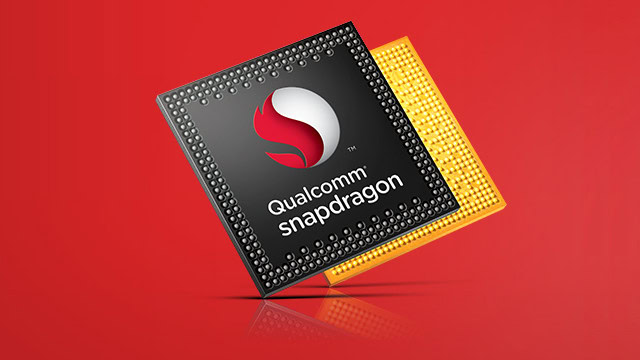Affiliate links on Android Authority may earn us a commission. Learn more.
Qualcomm teases Snapdragon 820 SoC and ultrasonic fingerprint scanning

At MWC 2015, Qualcomm announced its 3D ultrasonic finger print scanner technology and security measures, talked about its Zeroth machine learning platform, and teased a few details about its upcoming Snapdragon 820 processor.
We’ll start with the SoC news. Although Qualcomm hasn’t given out any hard details about what will go into its next flagship mobile processor, the company did reveal that it would be manufactured on a FinFET process. This likely means either TSMC’s 16nm or Samsung’s 14nm processes, which Samsung is using for the Galaxy S6’s Exynos 7420, will be used to reduce the chip’s power consumption and shrink down its size.
Furthermore, Qualcomm also indicated that the Snapdragon 820 would be powered by its own ARMv8-A CPU core, named Kryo, rather than ARM’s reference Cortex-A57 and A53 cores found in the Snapdragon 810. No further details were given about the custom core design.
Qualcomm stated that the Snapdragon 820 would begin sampling in the second half of 2015, suggesting that it could appear in devices at the end of 2015 or in the opening months of 2016.
Next up is Qualcomm’s new fingerprint scanning technology, which uses ultrasonic waves to generate a 3D map of your finger, rather than a simpler 2D image currently produced by capacitive scanners found in some smartphones. The scanner package, named Sense ID, should be more secure and harder to fool than capacitive scanners. The ultrasonic waves can also pass through metal, plastic, glass and whatever the user may have on their hands, meaning that developers have some additional flexibility when implementing Qualcomm’s technology.
The video below gives us a closer look at Qualcomm’s Snapdragon Sense ID:
Finally, Qualcomm also briefly talked about its Zeroth machine learning platform, which has been a multi-year research project for the company. Essentially, Zeroth is looking into how additional processor technology could be leveraged to make products even smarter, by emulating human learning behaviours.
Again, few specific details were given, but Qualcomm claims that its platform “will allow your device to learn about you and customize itself over time”. Examples given include automatically identifying people in pictures using face recognition or picking out objects and lighting in a picture and automatically adjust camera settings to capture the best looking picture. Zeroth will be enabled in the upcoming Snapdragon 820 SoC.